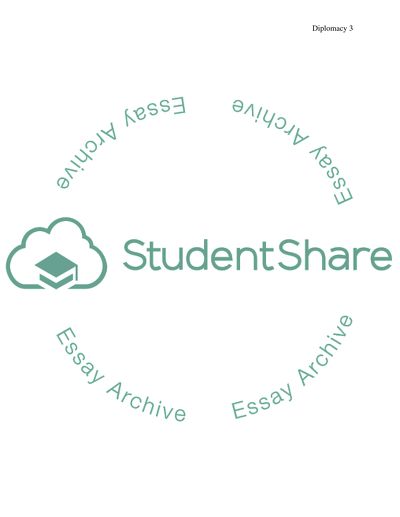Cite this document
(“Public and cultural diplomacy Essay Example | Topics and Well Written Essays - 2000 words”, n.d.)
Retrieved from https://studentshare.org/literature/1423906-public-and-cultural-diplomacy
Retrieved from https://studentshare.org/literature/1423906-public-and-cultural-diplomacy
(Public and Cultural Diplomacy Essay Example | Topics and Well Written Essays - 2000 Words)
https://studentshare.org/literature/1423906-public-and-cultural-diplomacy.
https://studentshare.org/literature/1423906-public-and-cultural-diplomacy.
“Public and Cultural Diplomacy Essay Example | Topics and Well Written Essays - 2000 Words”, n.d. https://studentshare.org/literature/1423906-public-and-cultural-diplomacy.


